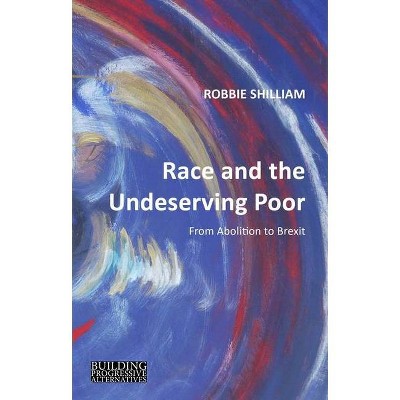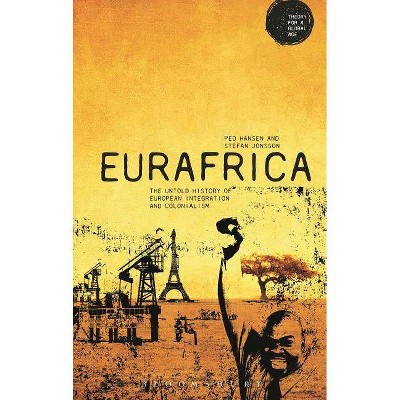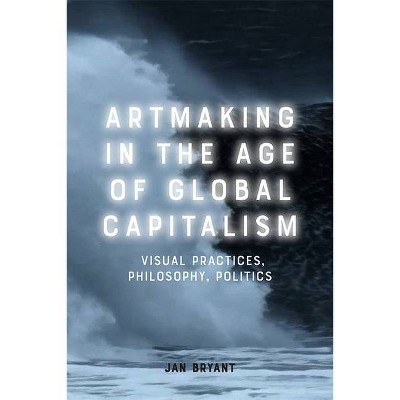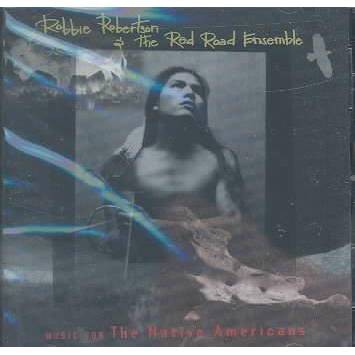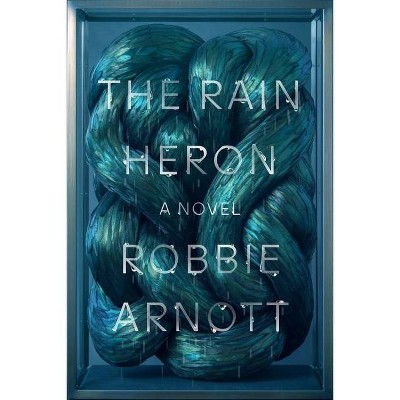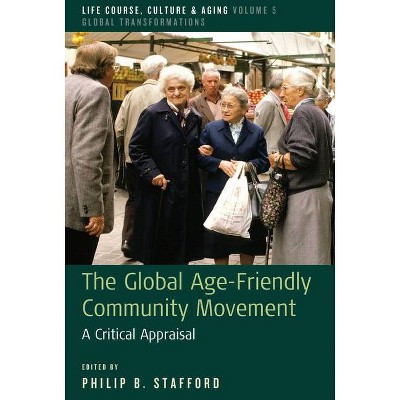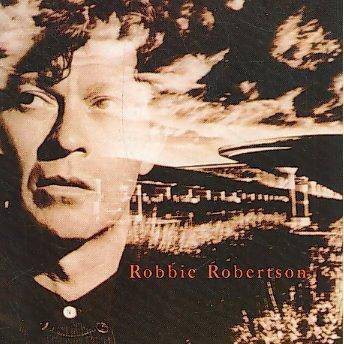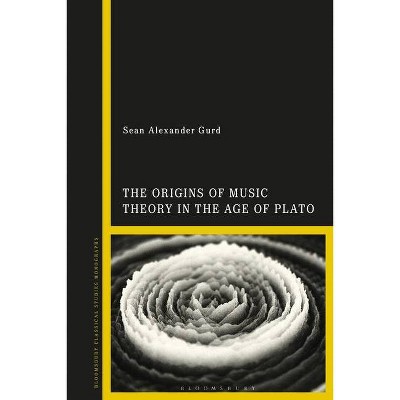The Black Pacific - (Theory for a Global Age) by Robbie Shilliam (Paperback)
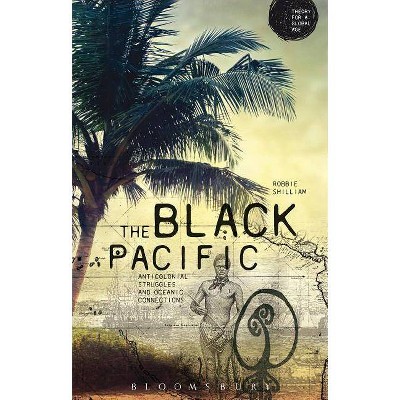
Similar Products
Products of same category from the store
AllProduct info
<p/><br></br><p><b> Book Synopsis </b></p></br></br>Why have the struggles of the African Diaspora so resonated with South Pacific people? How have Maori, Pasifika and Pakeha activists incorporated the ideologies of the African diaspora into their struggle against colonial rule and racism, and their pursuit of social justice? <br/><br/>This book challenges predominant understandings of the historical linkages that make up the (post-)colonial world. The author goes beyond both the domination of the Atlantic viewpoint, and the correctives now being offered by South Pacific and Indian Ocean studies, to look at how the Atlantic ecumene is refracted in and has influenced the Pacific ecumene. The book is empirically rich, using extensive interviews, participation and archival work and focusing on the politics of Black Power and the Rastafari faith. It is also theoretically sophisticated, offering an innovative hermeneutical critique of post-colonial and subaltern studies. <br/><br/><i>The Black Pacific </i>is essential reading for students and scholars of Politics, International Relations, History and Anthropology interested in anti-colonial struggles, anti-racism and the quests for equality, justice, freedom and self-determination.<p/><br></br><p><b> Review Quotes </b></p></br></br><br><i>Black Pacific</i> aims to decolonize the subaltern not only from the imperial center but also other subalterns. In this way, Shilliam identifies the logical next step after anti-colonial politics: that is, decolonial science.<br/>L.H.M. Ling, Associate Professor, Milano School of International Affairs, Management, and Urban Policy, The New School, USA<br><br><i>The Black Pacific</i> is a life changing work of love. Shilliam makes a brilliant contribution to scholarship while still appealing to a more general audience. Constructing an amazing archive of texts and story telling of Maori and Pasifika peoples and practices, he articulates a decolonial science as an approach of repairing colonial wounds. By affirming the knowledge and living traditions of Maori and Pasifika, Shilliam shows their embeddedness in particular locales and their simultaneous connection with each other and proffering of general principles of engagement without laying claim to abstracted universals. If you haven't read <i>The Black Pacific</i> yet, drop everything, and read it now!<br/>Anna M. Agathangelou, Associate Professor of Political Science at York University, Canada<br><br>Shilliam writes with the precision of a historian, chronicling key players' activities and historical events ... Through detailed, historicized descriptions and narratives of Maori activism, and Shilliam's own insightful analysis connecting Black Power with Maori mana motuhake in Black peoples' and the Pacific's shared struggles against colonialism, the reader finds a nuanced history and accounts of a universal struggle for self-determination that has brought Maori placement forward in New Zealand's society today.<br/>Journal of New Zealand and Pacific Studies<br><p/><br></br><p><b> About the Author </b></p></br></br><b>Robbie Shilliam</b> is Senior Lecturer in International Relations at Queen Mary, University of London, UK.
Price History
Price Archive shows prices from various stores, lets you see history and find the cheapest. There is no actual sale on the website. For all support, inquiry and suggestion messages communication@pricearchive.us
